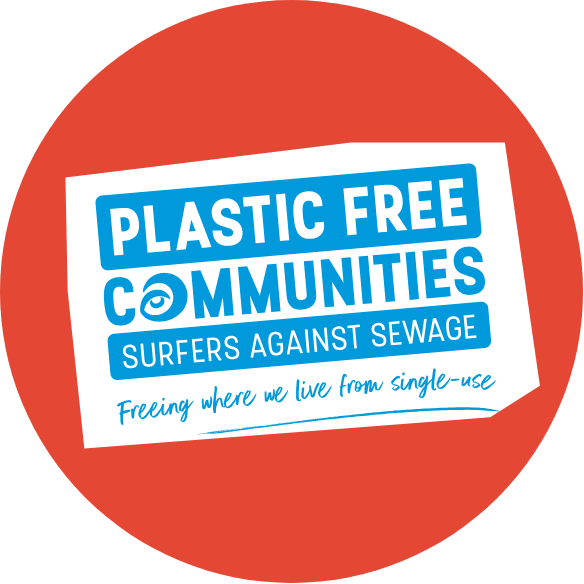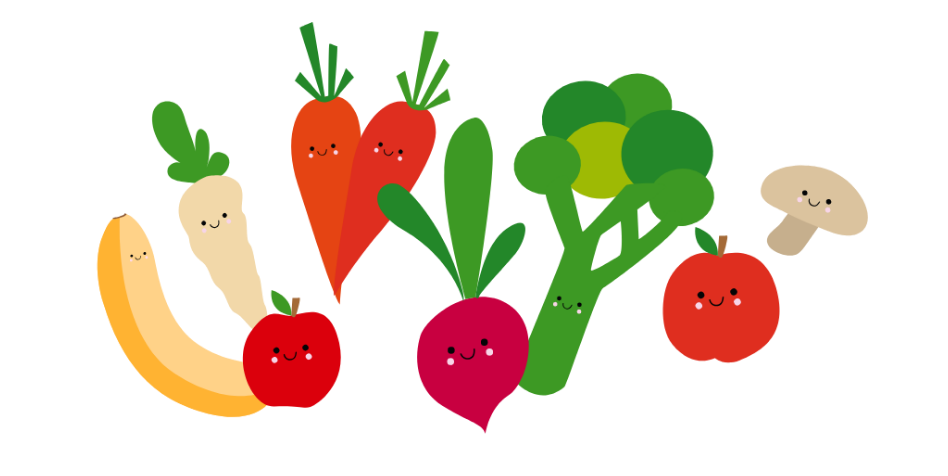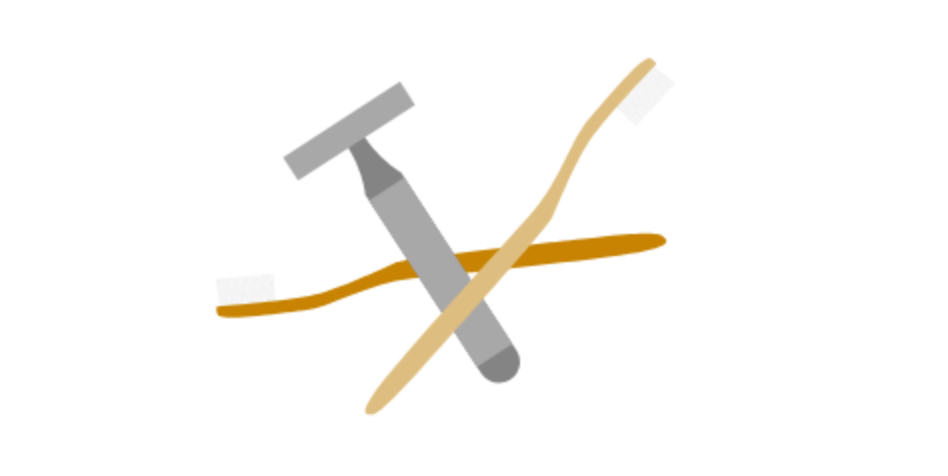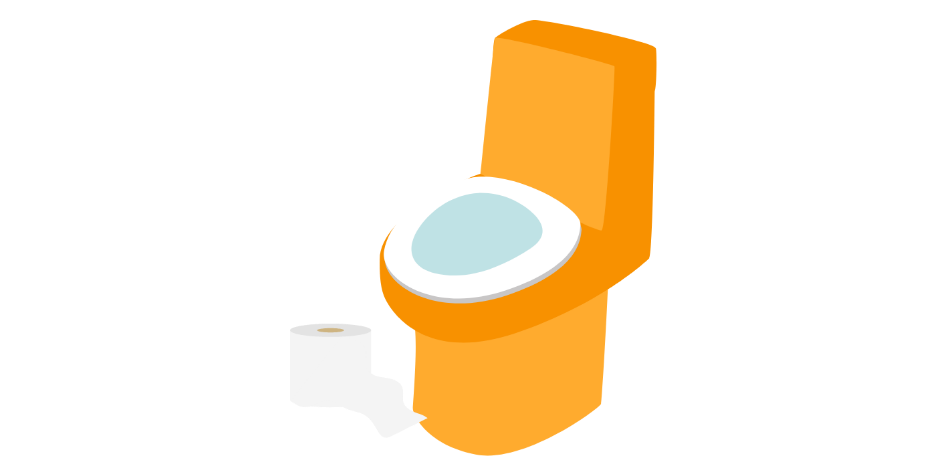
WHAT YOU CAN DO
There are so many ways that you can contribute to tackling plastic pollution. You can volunteer for PFND, become an SAS community leader in your area, donate, make individual changes to your consumption, or educate and inspire yourself and others around you with plastic-free solutions.
VOLUNTEER FOR PLASTIC FREE NORTH DEVON
There are lots of volunteer roles at Plastic Free North Devon. Whether you fancy helping at our Repair Cafes, facilitating our snazzy Water Bar at local public events, helping with our Ocean Explorer Academy, or helping at community cleaning events, we’d love you to join our dynamic and passionate team. All you need is time and enthusiasm!
Volunteer Opportunities we are currently recruiting for:
Repair Cafe Volunteer
Whether you have a skill that you can offer or are a dab hand at making teas and coffees we would love to hear from you. Our ever growing network of Repair Cafes bring the community together as a welcoming hub for repairs, chatting and eating cake.
Ocean Explorer Academy Support
Supporting education coordinators in managing and enriching the learning experience of students at the Ocean Explorer Academy session.
Ocean Explorer Outreach Support
Assisting with the Ocean Explorer Virtual Reality experience, helping with fun, interactive games, reading a story to children in the book corner or inspiring the next generation of planet saving superhero's through giant eco Jenga!
This volunteering opportunity is great for those who love talking, inspiring and playing!
Water Bar Support
Helping to quench the thirst of festival goers from our bespoke Water Bar by delivering filtered water to eliminate the need for single use plastic water bottles. This is a fun and simple volunteering opportunity at events across North Devon and Torridge.
Water Bar Logistics
If you are handy with pipes and taps or just good with practical logistics then this could be the volunteering opportunity for you. We are looking for a logistics team or pair for each event to help set up and pack down the bar and possibly run the bar depending on the type of event.
If you have a few hours to spare across the spring and summer months and are handy with anything tap/DIY related then get in touch!
Community Clean Helper
Helping to set up and run beach cleans on our local beaches, in parks or on streets. We need people to help distributing kit, helping with surveys and sorting out what has been collected.
Community Clean Coordinator
Running, coordinating or representing PFND at beach or community cleans in your local community.
We are looking for individuals to help us run beach/community cleans by taking on a coordination role in specific places.
Cleanse and Clean Community Ambassador
The Cleanse and Clean Community Ambassador role aims to be the connecting point for Plastic Free North Devon (PFND) to communities across North Devon.
Be our eyes and ears on the ground for events, campaigns, groups and activities within communities by:
Sharing information about on the ground action happening within the community with PFND
Encouraging individuals to share and engage in our projects and campaigns via our mailing list and social media
Signpost any potential volunteers to our volunteer sign up page
Croyde Tri and Exmoor Swim Marshalling
Helping to guide the runners to the right path or delivering water to thirsty athletes, this volunteering opportunity is an exciting way to get involved without actually doing the course! All profits from the Croyde Ocean Tri and the Exmoor Swim go directly to our charity.
If you would like to join the team then we would love to hear from you!
Sign up below on the volunteer sign up form or contact the team for more information or a chat about any of the roles.

BECOME A SURFERS AGAINST SEWAGE COMMUNITY LEADER
Surfers Against Sewage are creating the Plastic Free Community Network to free our communities from single-use plastic.
Wherever you live, whether you’re onshore or inland, urban or rural, high-tide or high-rise, SAS are uniting communities in the fight against single-use plastics. It’s not about removing all plastic from our lives. It’s about kicking our addiction to avoidable single-use plastic, and changing the system that produces it.
You can become a community leader. SAS will resource you with information and guidance on how to work with businesses, schools, your local council and local community to lead your town or village towards a plastic-free lifestyle.

Donate to Plastic Free North Devon
Plastic Free North Devon is only able to run because of the generosity of our local communities. Our team is made up of volunteers, with a couple of strategically-paid coordinators to keep everything ticking along. The money we receive is spent on beach cleaning equipment, educational tools, resources and advertising materials to share our message. If you, your community group or your business are able to support us financially, we’d be hugely grateful!

INDIVIDUAL ACTIONS - IN THE HOME
As a consumer, there are lots of small changes that you can make to help create the world that you would like to see in the future.
Start small.
The list of ideas can be daunting, so start with ideas that you can easily manage and fit into your routines. As time goes on you can add more items to your plastic free life. You could start by going plastic free for one or two days a week.
Use up what you have.
There is no environmental advantage to binning plastic items you already have. Use them up, and when they need to replaced, choose items with no or less plastic.
Focus on single use plastic.
We all have plastic items in our homes and Rome wasn’t built in a day. The fastest environmental gains will be made if we reduce or stop single use plastic.
We love the book ‘No More Plastic’ by Martin Dorey which has heaps of ideas and tips.
Future Learning
Our guide to future learning will help you to continue exploring and decide upon your future actions. Maybe you are the next Greta Thunberg or David Attenborough - start your learning journey with our guide NOW! Click here.
Here’s a few more ideas to get you started…
FOOD STORAGE
Consider replacing clingfilm with beeswax wraps, compostable parchment paper or recyclable foil.
Re-use plastic tubs while you have them, and consider replacing with glass or Pyrex jars or containers in the longer term.
Airtight glass jars and tins can not only be a plastic free option but can look good in your kitchen, and don’t leech nasty hormone-disrupting chemicals into your food in the way that plastic containers have been proven to.
Bring back the milkman! Consider having your milk delivered in glass bottles (or buy them if you have a local source). You can often have other products such as fruit juice delivered in glass bottles too.
CLEANING
Ditch all those plastic bottles of cleaning products, and instead use some tried and tested natural ingredients instead such as white vinegar, lemons and bicarbonate of soda.
Use brands like Ecover and BioD who sell detergents such as washing up liquid in bulk sizes for refilling your bottles, which not only reduces the use of plastic but can be cost effective too.
Instead of using unsustainable scourers and sponges, think about reusable cloths, loofahs or bamboo bushes.
LAUNDRY
Opt for wooden or stainless steel washing pegs.
Use a guppie bag in your washing machine to catch microplastic before they head down the drain and out to sea.
Try an eco-egg, soapnuts, or plastic-packaging free detergent – they’re better than you think!
Use laundry powder and dishwasher powder or tablets in boxes rather than plastic bottles.
TOOTHBRUSHES AND RAZORS
Bamboo or wood toothbrushes are widely available, and disposable razors can be replaced with stainless steel versions.
If bamboo brushes aren’t for you, an electric toothbrush where only the head is replaced is more environmentally friendly than a disposable toothbrush.
Also look out for plastic free toothpaste!
LOTIONS, POTIONS & CREAMS
Most bathroom products are packaged in plastic. Why not replace your liquid soaps, shampoo and conditioner with bars
Look out for plastic-free deodorant
Buy face cream in glass jars
Avoid products containing (plastic) microbeads which end up in our waterways
TOILET TIME
Most loo rolls are wrapped in packaging. Try alternative products such as Who gives a Crap or Bazoo. The loo rolls are delivered to your door in a sturdy cardboard box and can be naked or wrapped in paper.
Think before you flush. Only pee, paper, puke and poo should go down the toilet.
PLASTIC FREE PERIODS
Not only are traditional sanitary items disposable, but most sanitary towels are 90% plastic. Switch to more sustainable (and cheaper) menstrual products such as washable pads, menstrual cups, menstrual sponges and organic disposables.
Avoid plastic applicators
WIPES AND BUDS
Ditch the wetwipes. If you really need to use them, opt for reusable cheeky wipes instead.
Cut up old pyjamas or t-shirts for flannels or wipes
Buy reusable cotton make up remover pads
Make sure your cotton buds aren’t on a plastic stick
PARTY TIME
Balloons are made of plastic and end up either in landfill or, if they are helium-filled, can also end up in our waterways. Why not go for bunting instead – it’s pretty and reusable!
Avoid glitter and man-made confetti: Instead try press-stamping colourful autumn leaves
Get creative with gift wrap – use paper stamps to pretty up brown paper, or why not try reusable cloth gift wrap.
Think before you gift. Could you buy someone an experience, a book or make some baked goods as an alternative to a plastic or plastic-wrapped gift?

INDIVIDUAL ACTIONS - OUT AND ABOUT
Plastic is everywhere – from the coffee shop to the football pitch. So before you head out, make sure you are reusable-ready! You might want to consider keeping some the following in your bag or car:
A reusable coffee cup
A stainless steel or glass water bottle
A flask
Bamboo cutlery
Reusable Tupperware
Cloth or canvas produce and shopping bags
A bamboo or stainless steel reusable straw
SHOPPING
Be aware of packaging – try to buy unwrapped fruit, veg and bread where possible. If a supermarket gives you mountains of excess packaging you can always send it back to their freepost address with a note explaining why.
Consider bulk buying - where you can’t do plastic free, it is still possible to get more product for the amount of plastic if you buy in bulk.
Buy from local producers - local produce is less likely to have travelled long distances and be wrapped in plastic.
Take your own containers - whether you’re shopping at the local market or in a supermarket, take your own containers to the butchers, deli, or fishmongers.
Instead of buying bread, biscuits and cakes, why not make your own and reduce unnecessary plastic wrap!
EATING OUT
When you have a drink, politely ask for no straw or stirrer. If you’re offered one, perhaps you could suggest that they use other options.
When you have that ice-cream on a hot summer’s day, ask for a cone instead of a plastic lined tub. And request a wooden spoon instead of a plastic one.
Instead of having a take-away coffee, why not take 5 minutes, take a seat and drink out of a china cup? Most take-away coffee cups are not recyclable. Even the compostable cup is not all it’s made out to be – whilst it has a more eco-friendly start in life (made from potato starch instead of fossil fuel-based products), it can contaminate in recycling. In the UK there are very few industrial composting facilities, so your compostable cup is unlikely to make it there. However, DO recycle the plastic lid!
Love pizza? Try to buy pizzas that don’t use plastic or Styrofoam trays or boxes which contain a plastic ‘tables’ in the centre of the box.
BEACH & RIVER CLEANS
Everyone is welcome to join our beach cleans and river cleans, but you don’t have to wait for an organised event, just head out with friends or family, or on your own, and see how much litter you can collect from the shoreline, riverside, and parks. Don’t forget to recycle anything you find when you get home!
SPREAD THE WORD
Share your knowledge and tips with your friends, family and colleagues to encourage them to reduce their ‘plastic footprint’.
Follow and support organisations such as Plastic Free North Devon on Social Media
Contact your local MP
Why not watch ‘A Plastic Ocean’ (available on Netflix) with friends for a deeper understanding of the plastic problem

AND FINALLY… DON’T FORGET THE 4 R’s
REDUCE
Reduce your plastic consumption. Think about it - do you really need it?
REUSE
Be creative in how you can re-use your plastic. We’ve seen milk bottles turned into bird feeders, and all sorts of wonderful things. Take a pic, tag us on social media if you come up with something new!
REHOME
Using sites such as Gumtree, or sale and swap Facebook groups can be a great way to get rid of no-longer-wanted plastic products that still have life in them. Be it garden chairs or hair straighteners, one man’s trash is another man’s treasure. Make sure you explore all of the other avenues before sending something to landfill.
RECYCLE
Recycle anything you can no longer use. Make sure you adhere to your local councils’ rules and regulations for recycling. Wash out things that will be recycled, and sort them properly - contaminated recycling refuse is one of the key reasons that recyclable materials end up in landfill.
Check out your local supermarket carparks or community spaces for more niche materials such as textiles recycling.

























